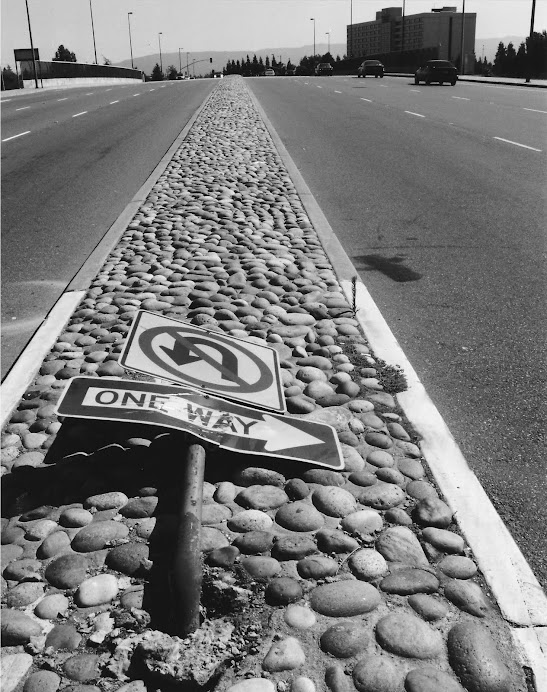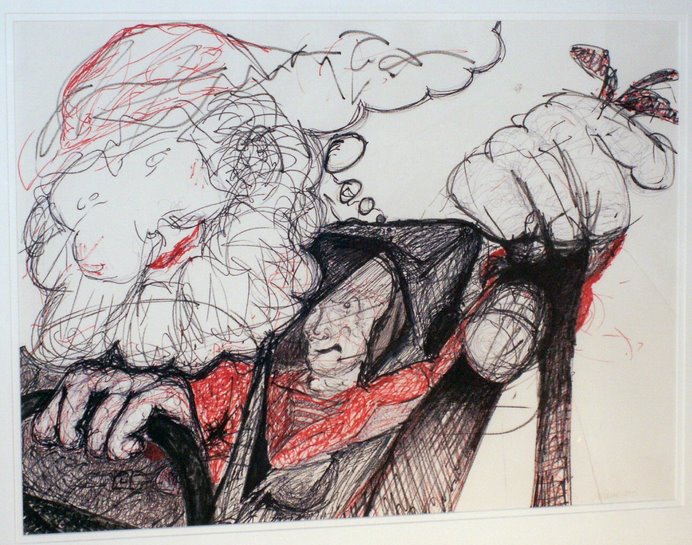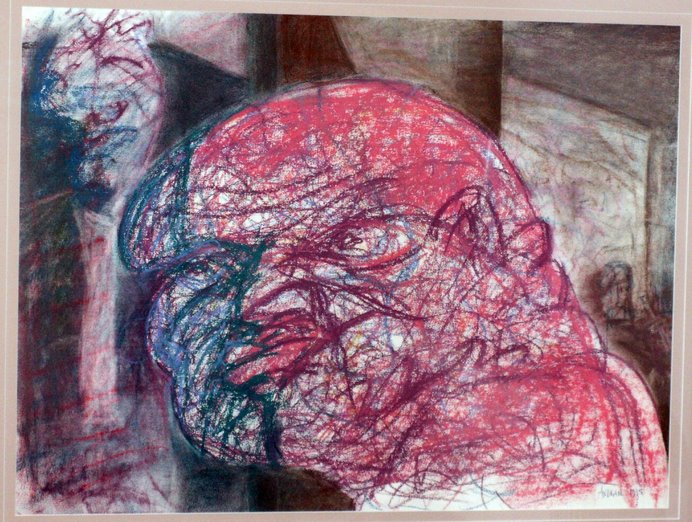We need innovation. In how we do things, how we talk to each other. How we deal with our problems.
It's a matter of thinking the unthinkable and making it alright. Not finding fault. Not assuming you know what somebody's argument is before they make it, or making it for them. There's need for more compassion. To be less quick to judge. To hear people when they talk, and empathize with them.
I'm inspired to write by an exchange of events that occurred on Facebook. I shared something that I thought was an interesting parable, and what I received was some judgements from the "other side," that automatic dichotomy that pervades our cultural conversation these days.
I was inspired to paraphrase something that I heard Amory Lovins say, characterizing the struggle to afford new technologies and innovative ways of dealing with our problems of today. He asked how clean a car you would buy if the exhaust was plumbed into the cab of the car instead of pointed out at pedestrians. You'd probably want a clean green machine-- one even cleaner than the hybrids of today. I felt that the question made you think of the situation differently-- to see the danger in the exhaust as a problem that isn't solved by plumbing it to the outside of the vehicle. That only defers the problem.
But the responses that I received were from the perspective of a proponent of combustion engines. While I don't disagree with most of what they said-- that if you take care of your vehicle, it can have low emissions and be better than a gross-offender, and that the trucks of today are powerful and do a lot of work that needs to be done to keep our current economy flowing nicely, among other things-- their comments were turning away from the issue that I felt the question was raising. It is good to take care of your vehicle and slow the emissions of green house gases if you can, but that is not solving the problem. Our decision to burn fossil fuels and create these byproducts doesn't happen in a vacuum. We need innovation to find even better ways to deal with these problems that our current ways of living have created. To look at the situation and say that what we have is good enough is to settle for our very destruction. We are all connected, and our actions bring forth circumstances that we all have to deal with.
I don't dismiss what the individuals had to say, I just think it was directed at an argument that I didn't make. So what can we do? Well, I say we need to keep trying to make things better. Innovate. Move forward. Do what we have to do, but don't settle for what is now. There is more to learn, more to be taught to us by the forces of nature, the great innovators. That's why I like the work of the Bioneers so much. They're finding the answers to problems of the day by looking at how nature innovates. And then trying to copy or mimic nature. The work of Janine Benyus is exciting and blows my mind. And the applications are astounding.
I'm gonna try and catch the Bioneers conference one of these days. Next one is coming up is this October. We'll see.
Subscribe to:
Post Comments (Atom)







2 comments:
Wow, I just logged into your blog after missing a few days! I am glad to see you are writing every day...that is good therapy. I always enjoy what you have to say. (I know, I know, my opinion doesn't count much because I am a bit biased)
Keep up the good work!
Another idea: Instead of moving forward, you can move backward. There are many answers around us, or things from our past, that still have great value today. We don't have to innovate new things. Think of the bicycle, for example. When we say we need to innovate, we are really saying "we need our scientists to create solutions," which makes us helpless. If we say instead, "what has already proven to work and how can I use that?", we allow ourselves to find our own solutions. It's empowering!
Post a Comment